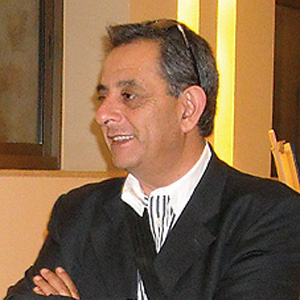This time, I would like to use the little space I have to talk about This Week in Palestine in general and about this month’s issue in particular, themed “Advocacy in Palestine.”
We generally do not suffer from a lack of publishable material; in fact, we have never had this problem. But the number of articles we received this time was simply overwhelming. So in order to accommodate all the articles, we had no choice but to add an extra 24 pages to the current May 2019 issue. I would like to remind our readers that we do not pay our authors for their submissions because we distribute free of charge all eight thousand printed copies. This formula has worked very well: we provide our authors with a credible platform through which their articles are edited and published, and they, in return, provide us with valuable content. The formula also applies to the photos we receive from Palestinian photographers.
The fact that we continue to receive a large number of contributions can only be seen as an indication of success, for which we are very grateful. HOWEVER, as rich in content and as “full” as this issue is, the income it generated did not cover production costs. To compensate for the relatively few pages of direct advertising, the plan was to subsidize the issue through the fees that institutions normally pay in order to publish articles that give visibility to their institutions or projects. But no institutions had a budget for that. The paradox of success in achieving credibility and popularity versus the inability to guarantee sustainability is mind-boggling, to put it mildly. It is obvious that the Palestinian economy is currently depressed for reasons we all know, and businesses worldwide that rely on printed publications suffer mainly because of social media. However, this is Palestine, and most of its people have not gone totally cyber. I would like to believe that our readers still like to hold in their hands and read a publication that has been an integral part of our society for such a long time. A publication that has indeed sought to promote and document Palestine for over twenty years. The disparity between our success in one aspect and our hardship in another is not only unjustified, it’s confusing as well. I would like to believe that TWiP is still a reliable and powerful communication tool that is able to reach people. I would also like to believe that we have not become a cold and cut-throat society that has no empathy and that allows only the strongest to survive. Woe to us if we ever reach that point.
I am not sure whether it is wise to publish this column, but I suppose it’s a character thing, and I believe in telling it as it is. We’re all going through tough times, but I am certain that we will overcome this difficult period. In the meantime, we just need to remind ourselves of some of the core Palestinian values such as social responsibility, volunteerism, and taking care of one other.


